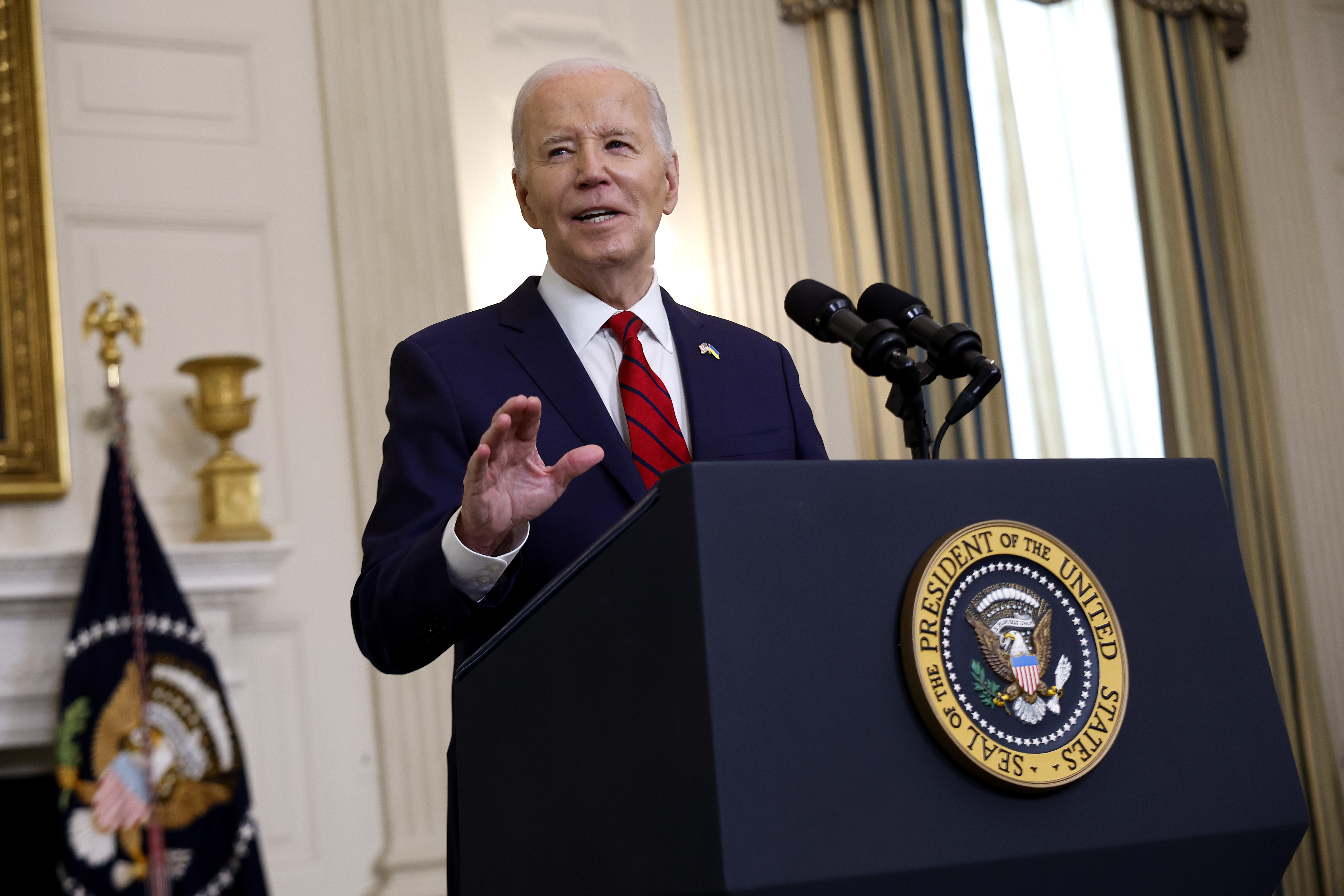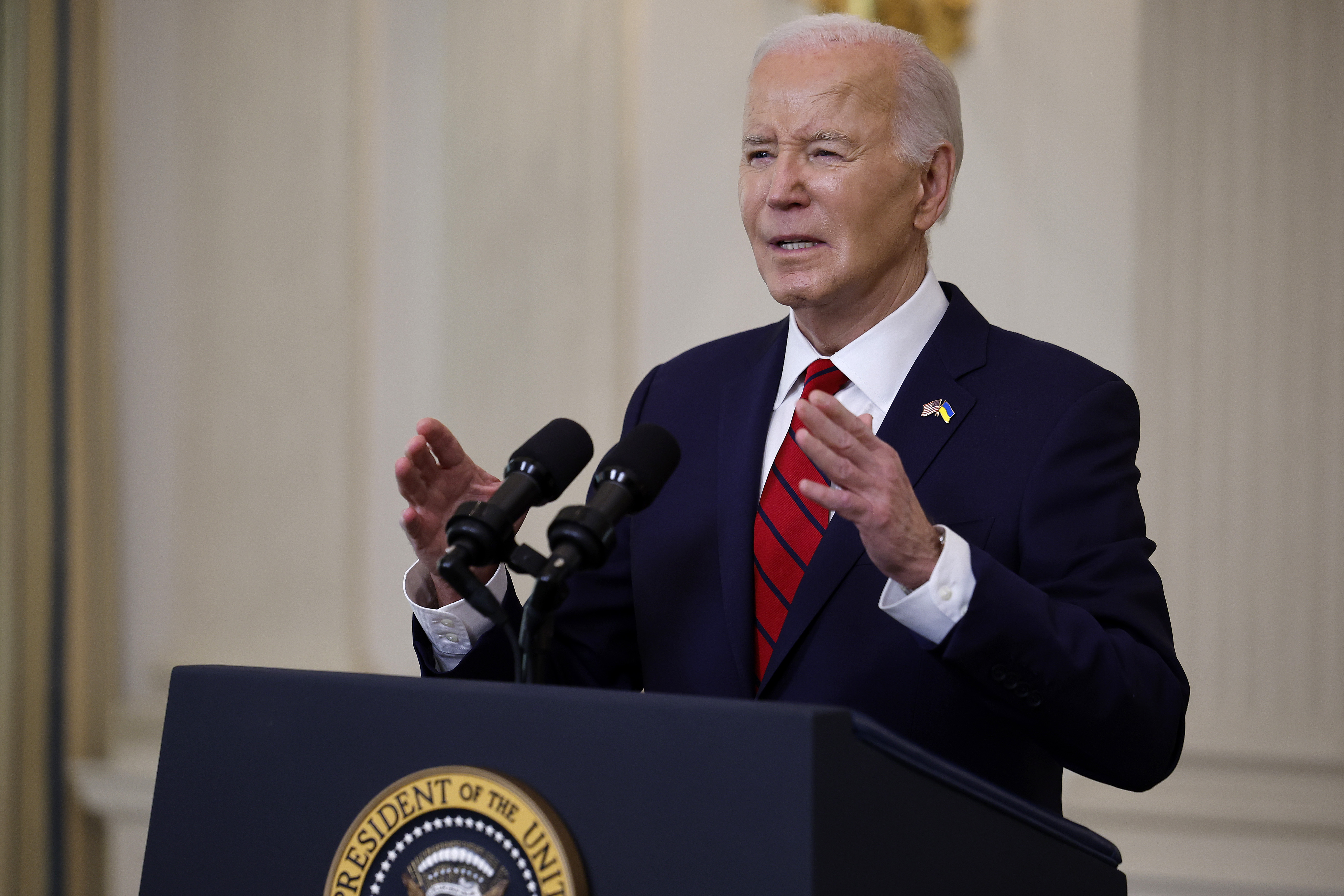How bad is the budget crisis in Texas? Ask the Republicans who run the state, and they'll tell you it's in the eye of the beholder.
The way they see it, the $8 billion drop in state revenue can be offset with some belt-tightening. The $7 billion loss in federal stimulus funding? Well, that was expected. And as for the roughly $12 billion more that state agencies say they need to avoid cutting services -- Republicans say they just won't get it.
Voila, the $27 billion shortfall is gone.
"There's no shortage of commentators saying that we're on the verge of budgetary Armageddon," Republican Gov. Rick Perry recently told reporters. "The fact of the matter is that's just not true."
Texas is not alone in facing tough choices. Illinois raised its state income tax by 66 percent, and in California and Georgia, governors and legislators have considered raising them by as much as 75 percent. Texas lawmakers have promised not to raise taxes and are cutting deep into state services, including education and health care.
Lt. Gov. David Dewhurst, who presides over the state Senate and decides which legislation gets voted on, spent a lunch with the Capitol press corps trying to convince them they've got the story wrong.
"There is not a $27 billion deficit, and I don't think there is even a $15 billion deficit," Dewhurst said.
Politics
Politics from around the world.
He went on to say the rebounding economy would provide more revenue and to express his faith in the Legislature's ability to address the problem efficiently.
But it's easy for Perry and Dewhurst to talk; they don't draft the two-year budget. That job falls to the chair of the House Appropriations Committee, Rep. Jim Pitts, R-Waxahachie.
"There is no shortfall, because we know we don't have the available funds to do what we did last time," Pitts told a conservative conference on Thursday.
Technically, he and other Republican leaders are correct. There is no deficit or shortfall as long as there is no budget, and Pitts said he won't reveal his first draft of the budget until this week.
That's no comfort to state agencies, or those who depend on them for employment or services. The agencies generally expect the same amount of money every two years. If they are lucky, they get a slight boost to make up for inflation and increases in the population.
But the state comptroller says Pitts has only $72.2 billion to spend, or about $15 billion less than he had when he drafted the last budget in 2009.
Outsiders say that budget was already bare bones, and more cuts will be devastating.
"Texas is short $27 billion to keep doing what we're doing," said F. Scott McCown, executive director of the Center for Public Policy Priorities, an organization that advocates for the poor. "If you don't want to educate all of our kids, if you don't want to provide financial aid to worthy students in higher education, if you don't want to meet the critical needs of Texas families struggling to deal with the recession, then we're not short $27 billion."
Those who deny there is a budget crisis don't dispute there will be spending cuts. The Texas Constitution requires a balanced budget, and Perry has said he will veto any budget that raises taxes.
Dewhurst said he expects the state to eliminate 8,000 jobs, but he promised that most of those positions will be ones that are already vacant.
Pitts said every section of the budget will be cut, including public education, health and human services, higher education and the Legislature's budget, but he refused to discuss other details.
"We went through every agency and every program that those agencies performed. We looked at the core functions of those agencies, and we'd see what we need to fund out of that core function," Pitts said. "If it wasn't their core function, we made a decision in the House that we may not fund those other things."
Legislators have a few options to minimize the cuts, but they have been reluctant to use them.
First is the "rainy day fund," a $9 billion savings account created for just this kind of situation. But Republican lawmakers, who comprise a 101-49 majority in the House, say they won't touch it.
And then there is the Texas Franchise Tax, a business tax created in 2006 so lawmakers could cut property taxes. It hasn't produced as much money as expected, and Dewhurst and at least one prominent Republican senator have said it may need to be "refined" to make it perform as intended.
Would that be a tax hike? Texas' top Republican dodged the question.
"Getting bogged down in the semantics of, `Oh yes, that is a new tax,' or, `Yes, that is not a new tax,' is not particularly constructive," Perry said.



